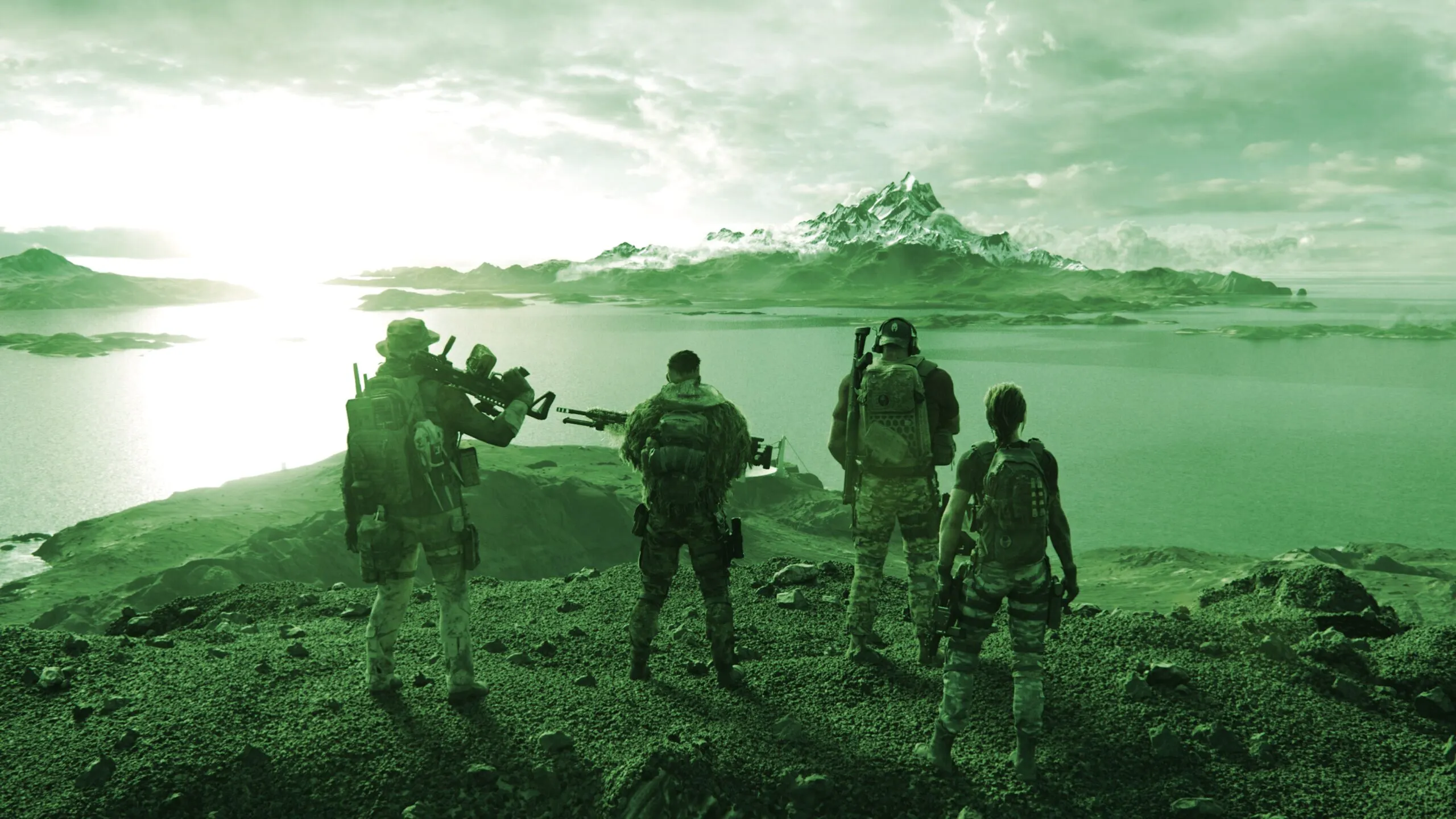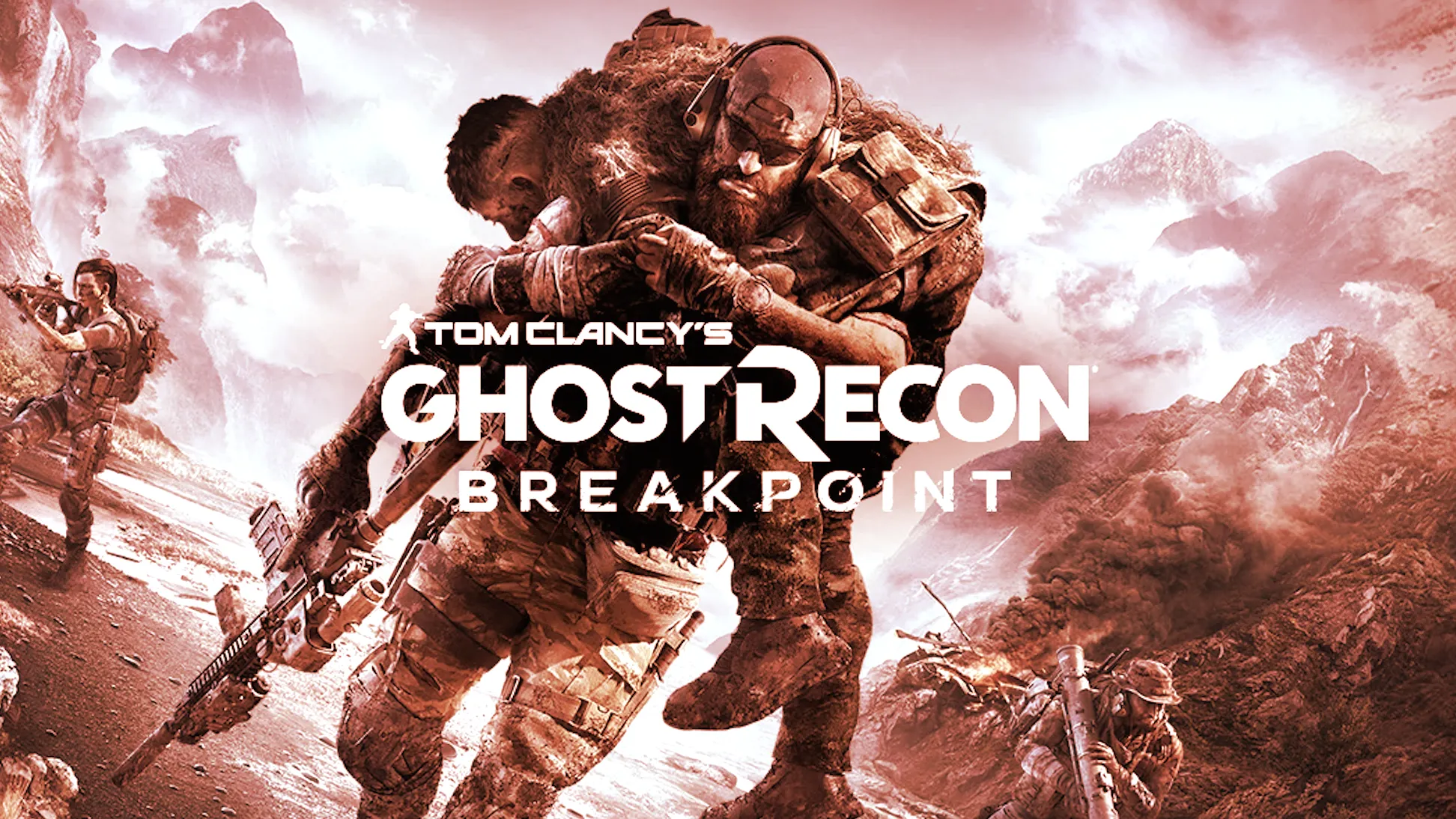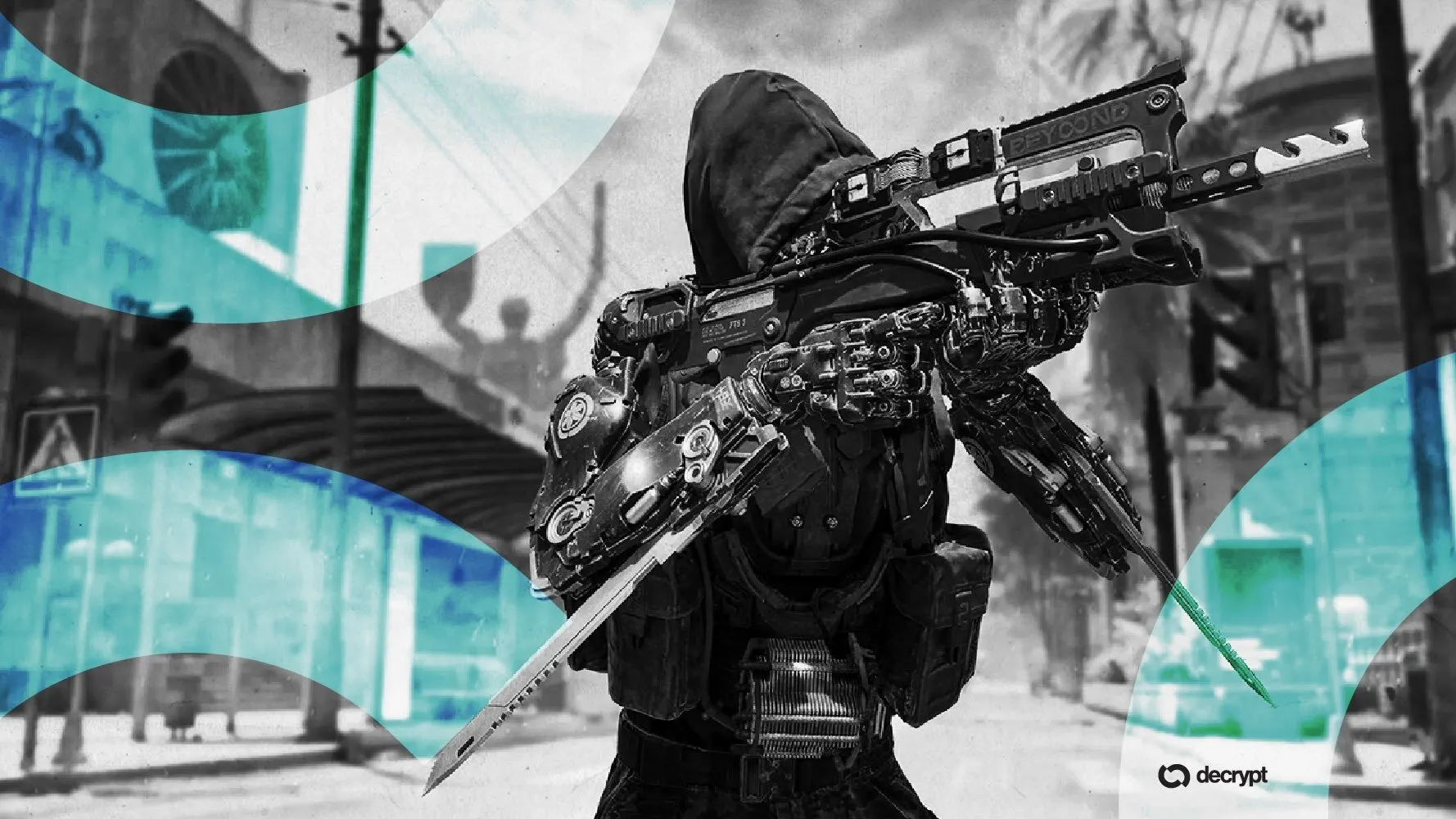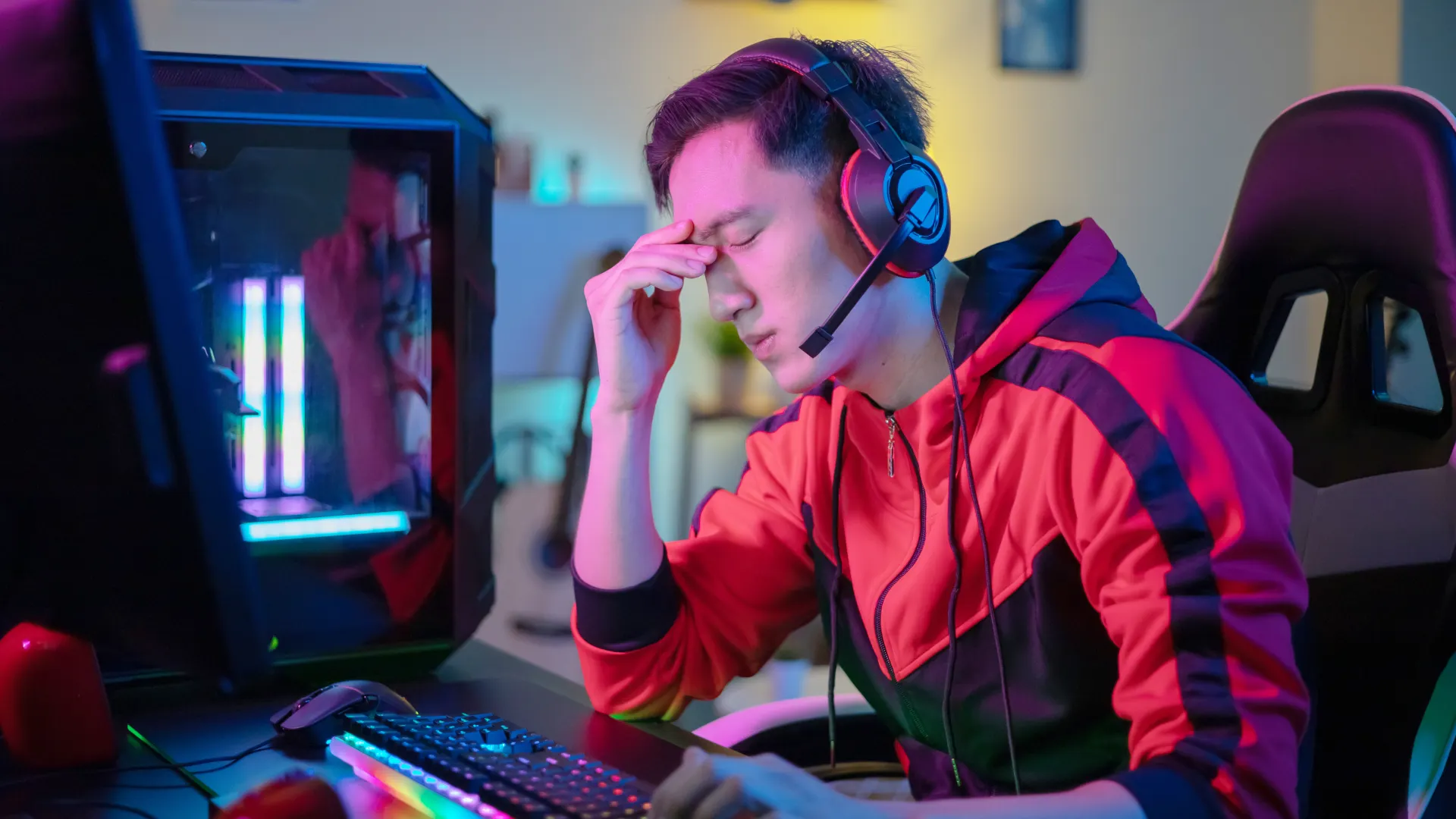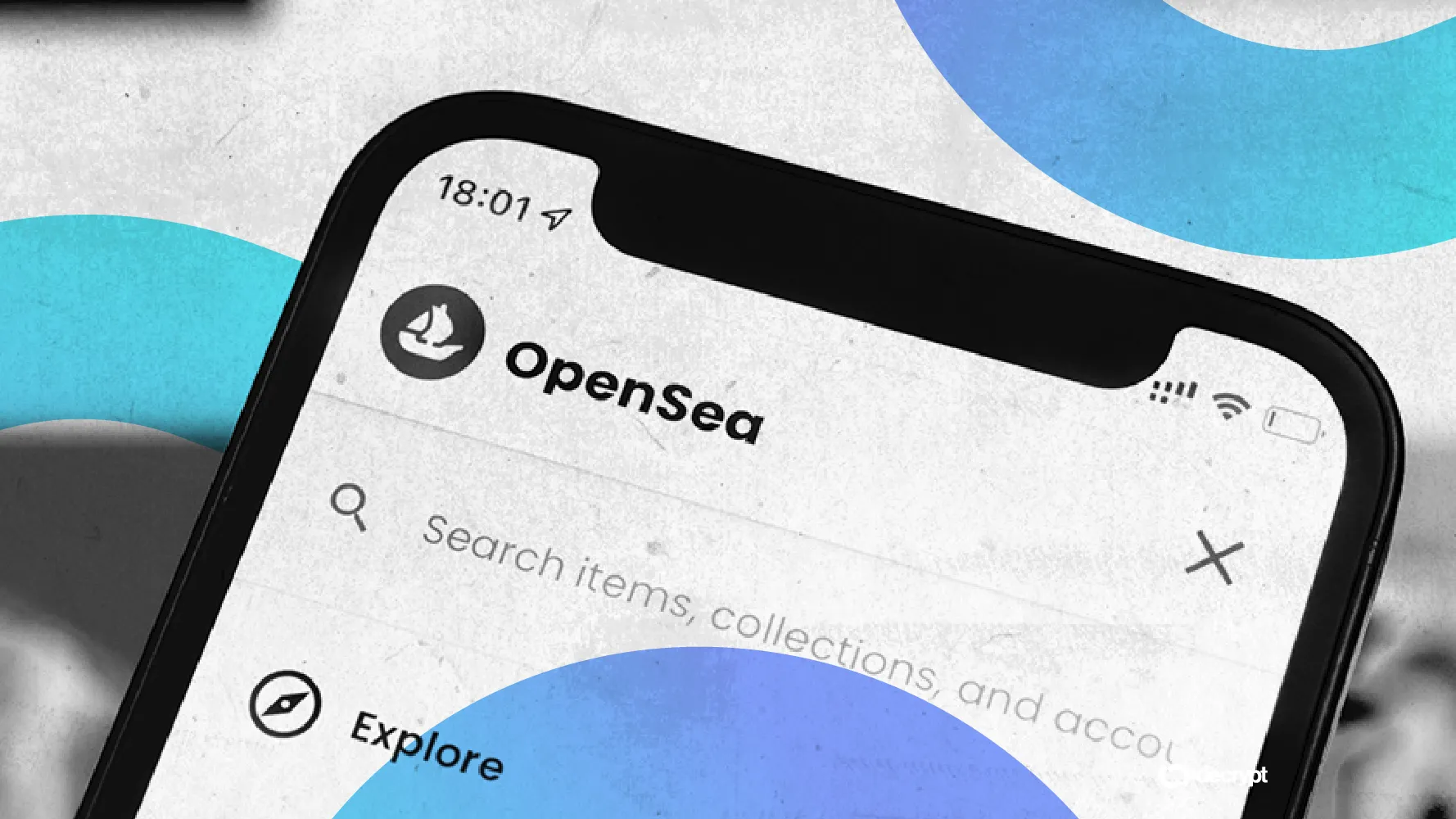In brief
- Ubisoft will continue its video game NFT initiative despite pushback from fans.
- Its partnership with Aleph.im will help with NFT storage.
Ubisoft recently became the first traditional gaming giant to implement in-game NFTs with the launch of its Tezos-based Quartz platform, but the publisher faced significant backlash from gamers. Today, alongside announcing a new alliance with Aleph.im, Ubisoft discussed the fan response with Decrypt, calling video game NFTs a “major change” for players.
When the tokenized collectibles first launched in online shooter Tom Clancy’s Ghost Recon Breakpoint earlier this month, many fans called the limited-edition digital items pointless or a cynical trend chase. Others suggested that Ubisoft’s plan would harm the environment, despite its use of Tezos, a proof-of-stake blockchain platform that’s considered to be an energy-efficient alternative to the leading NFT platform, Ethereum.
In any case, Ubisoft went ahead with its plans—unlike GSC Game World with S.T.A.L.K.E.R. 2’s planned NFTs, or gaming-centric chat app Discord with its own crypto wallet integration. Both of those companies scrapped their respective initiatives following pushback from users and fans.
Today, Ubisoft announced a partnership with Aleph.im to provide decentralized storage for its NFT assets, which are called “Digits” on the Quartz platform. Didier Genevois, Ubisoft’s Blockchain Technical Director, answered Decrypt’s questions about the response to the initial in-game NFT rollout earlier this month.
Ubisoft Becomes First Major Gaming Company to Launch In-Game NFTs
Ubisoft was the first major video game publisher to take an interest in the blockchain space, experimenting with crypto game prototypes and supporting startups over the last few years. But now the gaming giant will actually implement NFTs within one of its major franchises in a new initiative that runs on Tezos. Today, the publisher behind Assassin’s Creed and Just Dance revealed Ubisoft Quartz, a platform that lets players earn and purchase in-game items that are tokenized as NFTs on the Tezos...
“We have received a lot of feedback since the announcement, and we hear both the encouragement and the concerns,” he said. “We understand where the sentiment towards the technology comes from, and we need to keep taking it into consideration every step of the way.”
Genevois continued: “This experiment is meant to understand how the value proposition of decentralization can be received and embraced by our players. We know it is a major change that will take time, but we will stay true to our three principles.”
According to Genevois, Ubisoft’s principles are to “use the tech responsibly” and “build a safe environment” for players to explore how NFTs work, “only leverage energy-efficient proof-of-stake blockchains,” and “focus on meaningful value propositions for players that benefit their gaming experience.”
An NFT serves as a proof of ownership for a unique digital object—in this case, one-of-a-kind video game items like weapons and gear. Ubisoft’s Ghost Recon NFTs can be resold via Tezos secondary markets. Other video game NFTs can potentially also be interoperable assets, thus enabling their use in multiple games and online platforms.
Embracing Aleph.im
Ubisoft’s launch of the Quartz platform followed years of exploration in the crypto industry. The publisher behind such franchises as Assassin’s Creed and Just Dance first created its own Minecraft-inspired crypto game prototype called HashCraft and showcased it in 2018, but did not release it.
In 2020, Ubisoft released a Rabbids-themed NFT initiative for charity, and then earlier this year rolled out One Shot League, a spinoff of Ethereum-based NFT fantasy soccer game Sorare. In October, Ubisoft made its first formal investment into a crypto startup, taking part in Animoca Brands’ $65 million round with plans to collaborate on NFT-centric games together.
Wondering how Ubisoft Quartz works? How to claim your free Digits? Let us show you how.
All you need to know about Ubisoft Quartz Beta: https://t.co/hgk81tQad6 pic.twitter.com/sZORCZyrHp
— Ghost Recon (@GhostRecon) December 8, 2021
The publisher has also supported numerous crypto startups via its Entrepreneurs Lab accelerator program. Distributed cloud network Aleph.im was chosen as one of the projects back in May, and then Ubisoft agreed to run one of Aleph.im’s core channel nodes in July. Today’s announcement formalizes the growing relationship between Ubisoft and the project.
“Our main objective with Ubisoft Quartz is to showcase the true value of decentralization to our players,” said Genevois. “Aleph.im played a key role in the realization of our vision by allowing us to go one step further and decentralize the storage of the Digits' video asset and metadata.”
Before tapping Aleph.im’s platform, Genevois said that Ubisoft would have to store NFT metadata—or core information about the asset and its purpose—on centralized servers or via IPFS, a user-operated file-sharing network. Aleph.im assures long-term storage via its own decentralized network, and also allows Ubisoft to update NFT metadata over time.
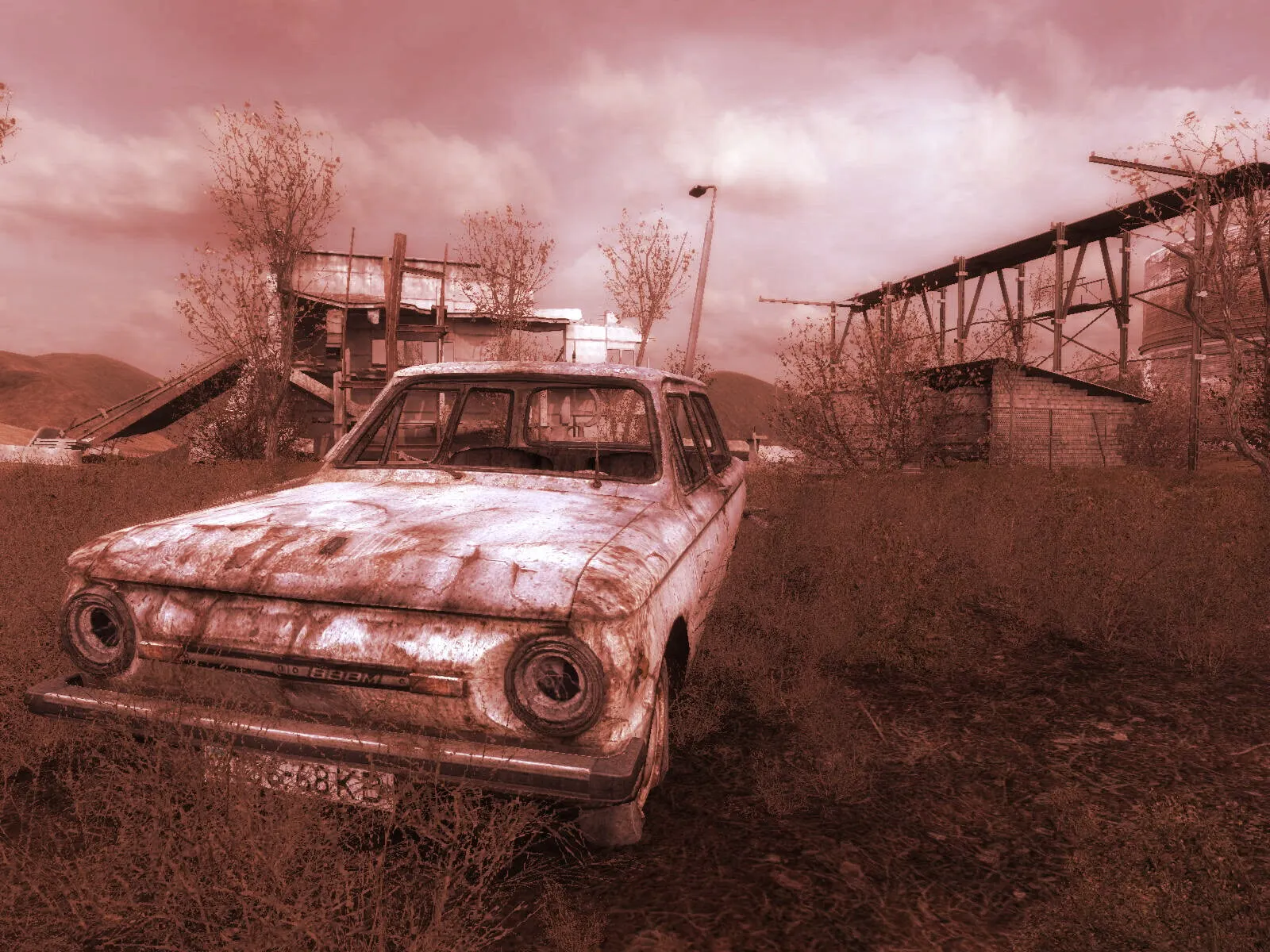
S.T.A.L.K.E.R. 2 Game Cancels Its NFT Plans After Backlash
S.T.A.L.K.E.R. 2: Heart of Chernobyl, sequel to first-person shooter game S.T.A.L.K.E.R., has cancelled its in-game NFT plans after receiving negative criticism on social media, largely from the gaming community. It's the latest example of gamers rising up against NFTs—blockchain-based tokens representing ownership of a digital item. Last week, game maker Ubisoft met vocal backlash from gamers upon announcing its first three in-game NFTs for Tom Clancy’s Ghost Recon: Breakpoint. And in November...
Ubisoft, which is also a corporate validator for the Tezos network, rolled out exclusive NFT drops for Ghost Recon Breakpoint—all completely free items—on three separate days earlier this month. The publisher has teased additional NFT drops in 2022, but has yet to announce NFT integration into any of its other popular game franchises.
Despite the backlash, Ubisoft is continuing on with its NFT plans, while fellow major publisher Square Enix recently announced its own crypto game plans, and Electronic Arts CEO Andrew Wilson suggested that NFTs “will be an important part of the future of our industry on a go-forward basis.”
Aleph.im founder Jonathan Schemoul told Decrypt that he believes “most big publishers will end up proposing in-game NFT support,” citing potential benefits like interoperable assets. “That would be a great breakthrough,” he added, “making the gaming experience even more enjoyable.”


